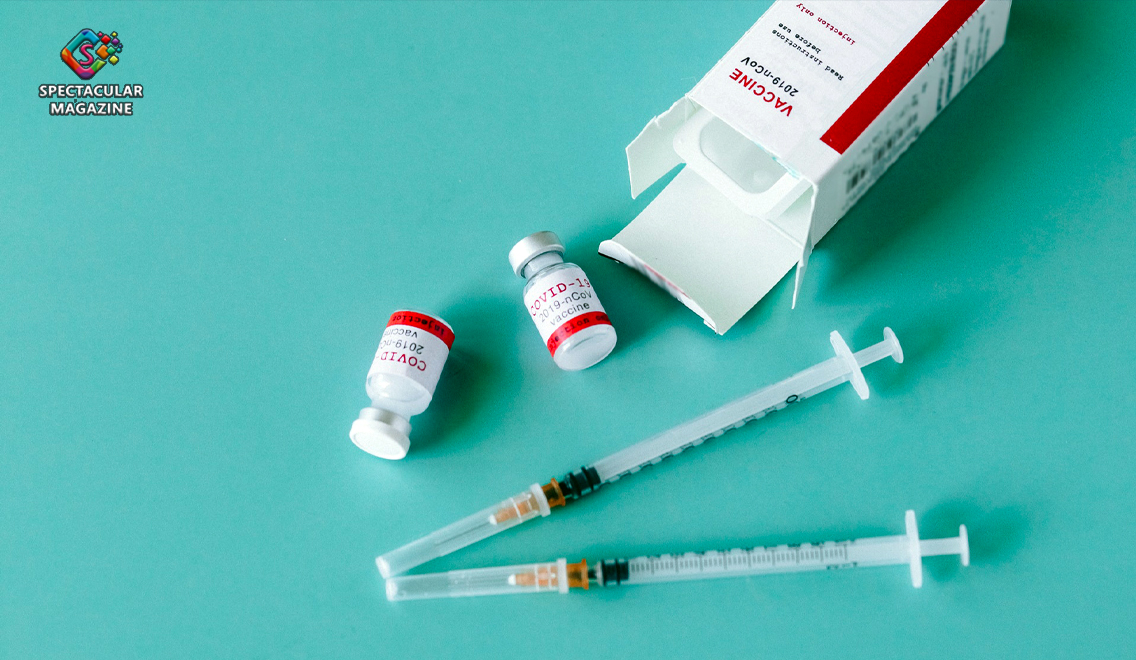Pfizer, BioNTech Seek Authorization Of Second Coronavirus Booster Shot For People 65+
Pharmaceutical giant Pfizer and its partner, BioNTech, will seek emergency authorization for a second booster shot of their coronavirus vaccine for people 65 and older, an effort to bolster waning immunity that occurs several months after the first booster, according to three people familiar with the situation, the Washington Post reports.
The submission to the Food and Drug Administration, anticipated as soon as Tuesday (March 15), is expected to include “real-world data” collected in Israel, one of the few countries that have authorized a second booster for older people, said the individuals, who spoke on the condition of anonymity because they were not authorized to discuss the issue. The decision from the FDA could come relatively quickly, especially if officials conclude the data is straightforward and does not have to be reviewed by a panel of outside vaccine experts.
In a separate move aimed at answering longer-term questions about booster strategies, the FDA plans to convene its outside advisers in early April to consider whether there should be an October or November campaign to encourage some or all adults to get additional boosters and whether the shots should be the same as the current vaccine or retooled to counter new variants, according to a federal official who spoke on the condition of anonymity to discuss administration plans.
The official said: “Would it make sense to have some kind of a booster campaign for all or a segment of the population in the fall to prevent a wave of infections” as the weather gets cold again?
Increasingly, some officials have signaled they believe adults of all ages might need a second booster because of the lack of durability of the two-shot mRNA vaccines made by Pfizer-BioNTech and Moderna.
Albert Bourla, chief executive officer of Pfizer, has said in recent days he believes a second booster will be needed for everyone. At a Washington Post Live event last week, Bourla said a fourth shot would be needed because immunity wanes.
“We are working right now very intensively. … I think our data suggests that they [a fourth dose] are protecting — they are improving dramatically the protection, the fourth dose compared to the third for omicron after some time, after, let’s say, three to six months,” Bourla said.
Pfizer spokeswoman Jerica Pitts declined to confirm the possible emergency authorization filing and said the company was “continuing to collect and assess all available data and we’re in continuous, open dialogue with regulators and health authorities to help inform a COVID-19 vaccine strategy as the virus evolves.”
The FDA declined to comment.
In a recent interview, Anthony S. Fauci, director of the National Institute of Allergy and Infectious Diseases, said U.S. data so far shows protection against severe illness remains robust four to five months after a booster — falling somewhat from 91 percent effective in preventing severe illness to 78 percent effective.

